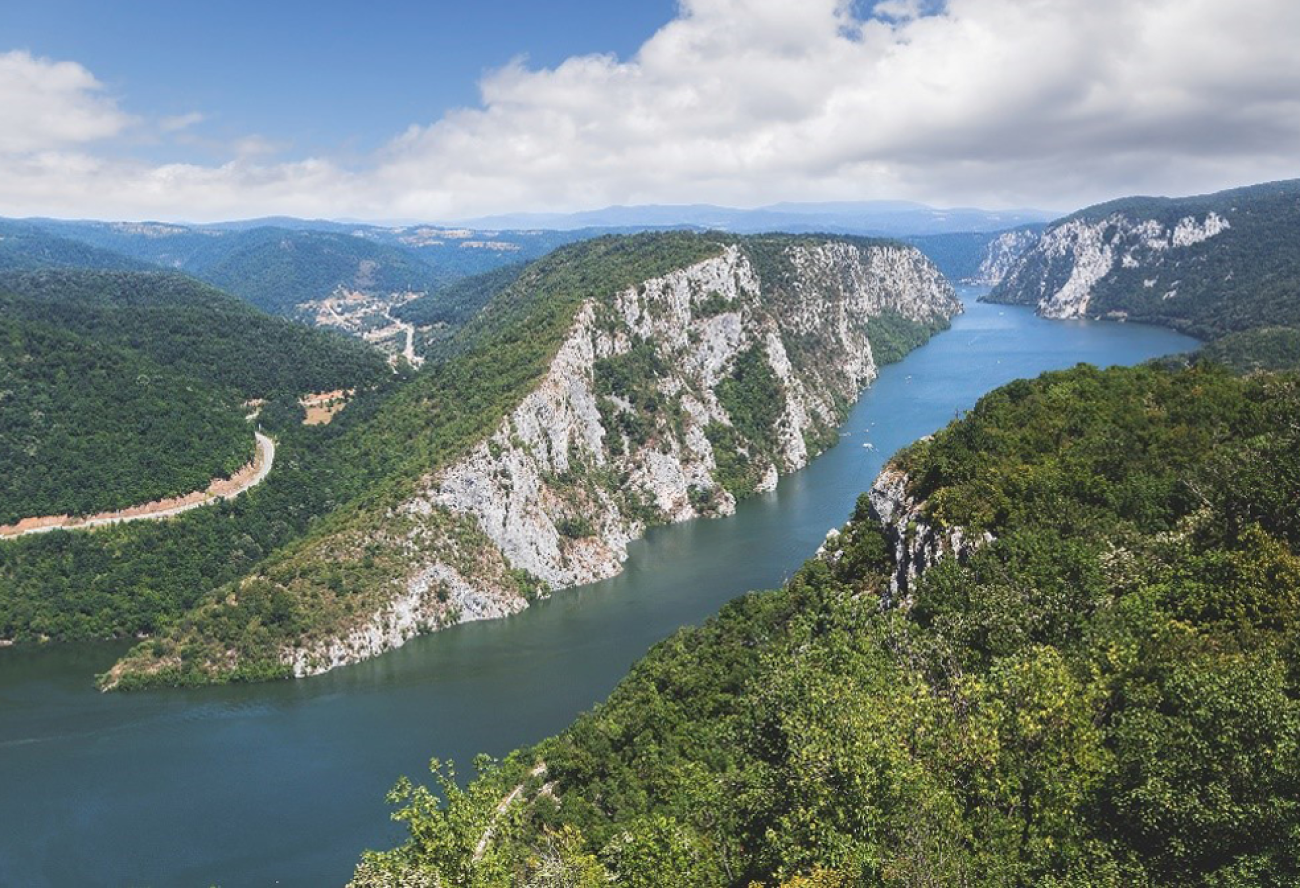UNECE and FAO support ecosystem restoration in Eastern and South-East Europe

Countries in the region taking steps in a global effort to bring 350 million hectares of degraded and deforested land into restoration by 2030
Countries in Eastern and South-East Europe need to develop viable solutions and goals for forest landscape restoration, as well as learn how to tap into the necessary financing. These topics were discussed during the workshop “Forest Landscape Restoration and the Bonn Challenge in Eastern and South-East Europe” held in Belgrade on 16–17 December 2019.
Countries in the region are already taking important steps towards forest landscape restoration and the Bonn Challenge. In a global effort to bring 350 million hectares of degraded and deforested land into restoration by 2030, the Bonn Challenge provides countries with an implementation vehicle for national priorities, such as water and food security and rural development, while contributing to achievements in international climate change, biodiversity, and land degradation commitments.
Caused by human activity and bio-physical factors, the degradation of land and ecosystems, exacerbated by climate change, is one of the greatest challenges facing Europe, as well as many countries worldwide. Desertification affects 8% of the territory of the European Union, including around 14 million hectares in Southern, Eastern, and Central Europe. Restoring degraded and deforested landscapes using the forest landscape restoration approach is a cost-effective, long-term, and sustainable nature-based solution.
According to the Economics of Land Degradation, the cumulative cost of soil erosion, forest loss, and other types of land degradation over the next 30 years could be as high as USD 4 813 billion in East Europe and USD 926 billion in West Europe compared to the cost of action estimated at USD 777 billion and USD 181 billion, respectively.
Experts from Albania, Bosnia and Herzegovina, Bulgaria, Croatia, Czechia, North Macedonia, Republic of Moldova, Montenegro, Serbia, Slovenia, Turkey, and Ukraine participated in the meeting. Their future restoration efforts will be an important addition to the 3 million hectares already committed for restoration by countries in the Caucasus and Central Asia until 2030 under the Bonn Challenge, further supported by the ECCA30 initiative.
“Healthy ecosystems perform many essential functions for our societies. They are the absolute foundation for human life and development,” stated Françoise Jacob, UN Resident in Serbia. “The UN in Serbia and globally will strive to increase action on forest landscape restoration by bringing together political and economic decision-makers, academia, financers, and – above all – include relevant communities in the process.”
In order to reverse the continuing degradation of ecosystems and regain their ecological functionality, the General Assembly recently declared 2021–2030 the UN Decade on Ecosystem Restoration. The decade will accelerate existing global restoration goals, such as the Bonn Challenge, and help countries race against the impacts of climate change and biodiversity loss.
“For Eastern and South-East Europe, the decade bears the unprecedented possibility to scale up restoration and strengthen resilient landscapes while fighting the climate crisis and negative impacts of degradation and deforestation,” noted Roman Michalak, Economic Affairs Officer at the UNECE/FAO Forestry and Timber Section, during the workshop.
Important preconditions for scaling up forest landscape restoration include the mobilization of funds and financing, in addition to the clear definition of restoration goals. The workshop helped to inspire the first steps in overcoming potential challenges and enabling countries in the region to discuss strategies and approaches for unlocking financial resources required for restoration, and exchange experiences on forest landscape restoration and degradation. National experts responsible for forest landscape restoration were also informed about regional and international opportunities, with a special focus on a high-level meeting planned for 2020.
UNECE and FAO jointly provide key platforms for collaboration for governments and other stakeholders while assisting member States in shaping integrated policies to achieve the Sustainable Development Goals.



